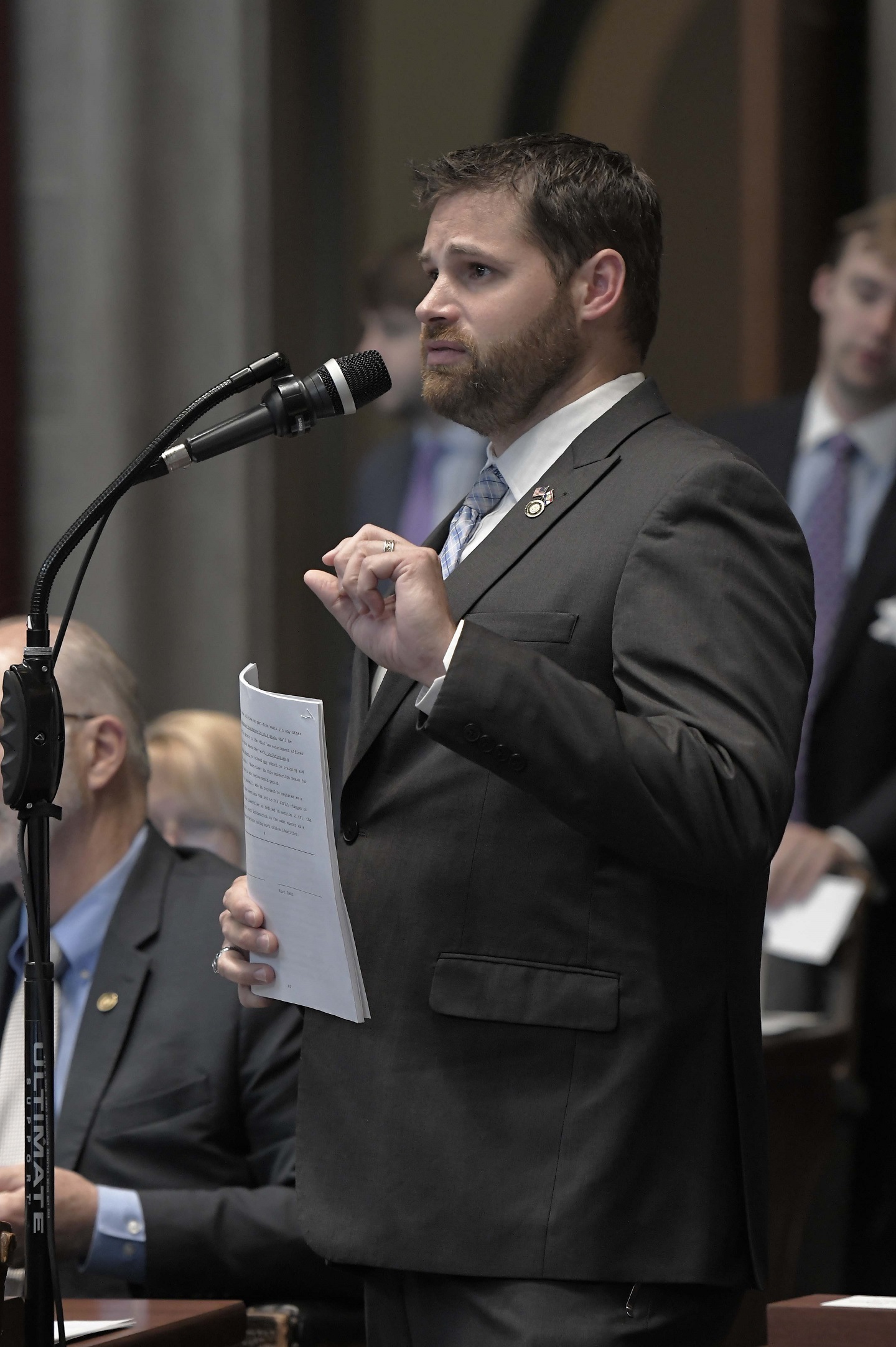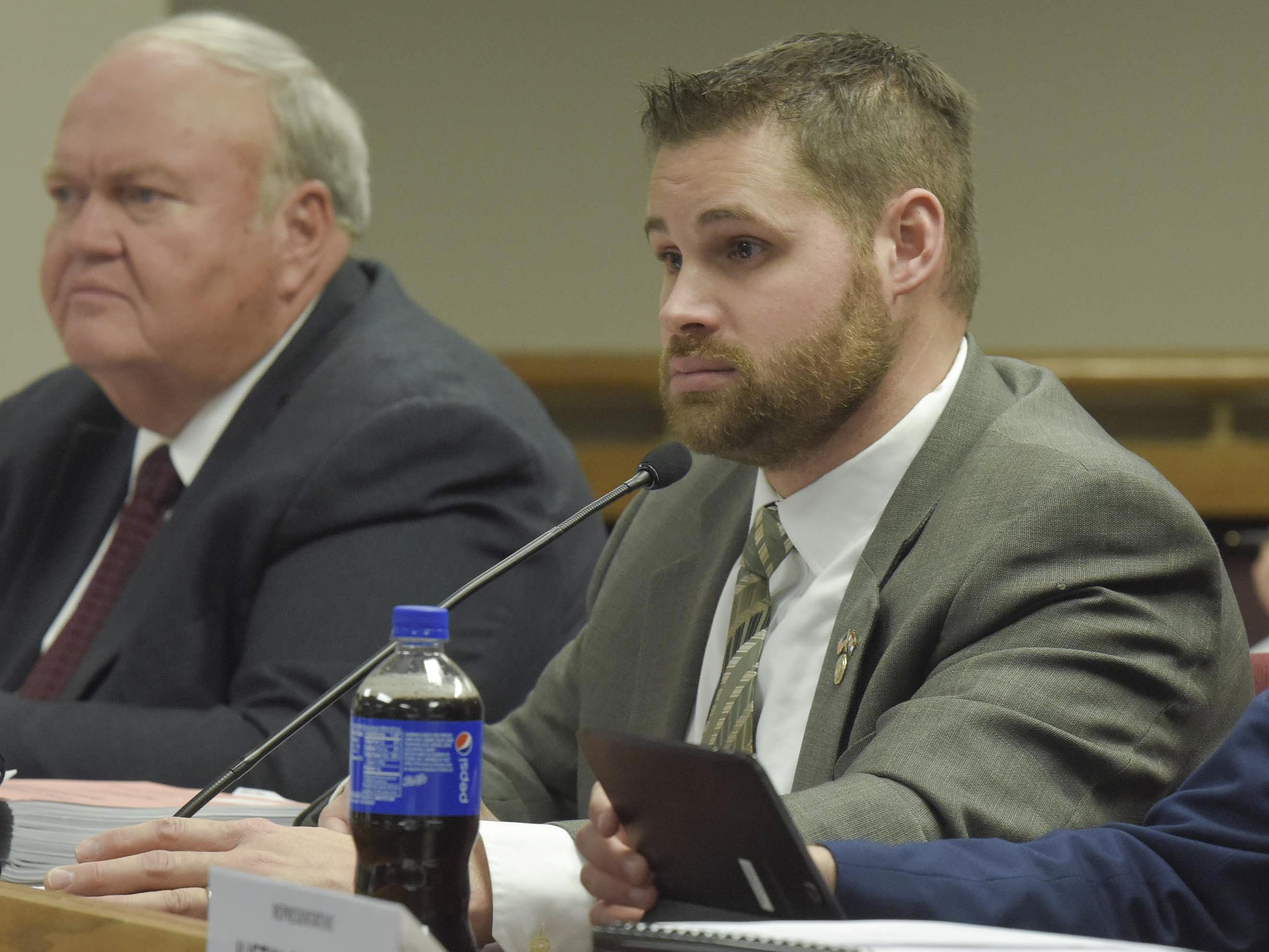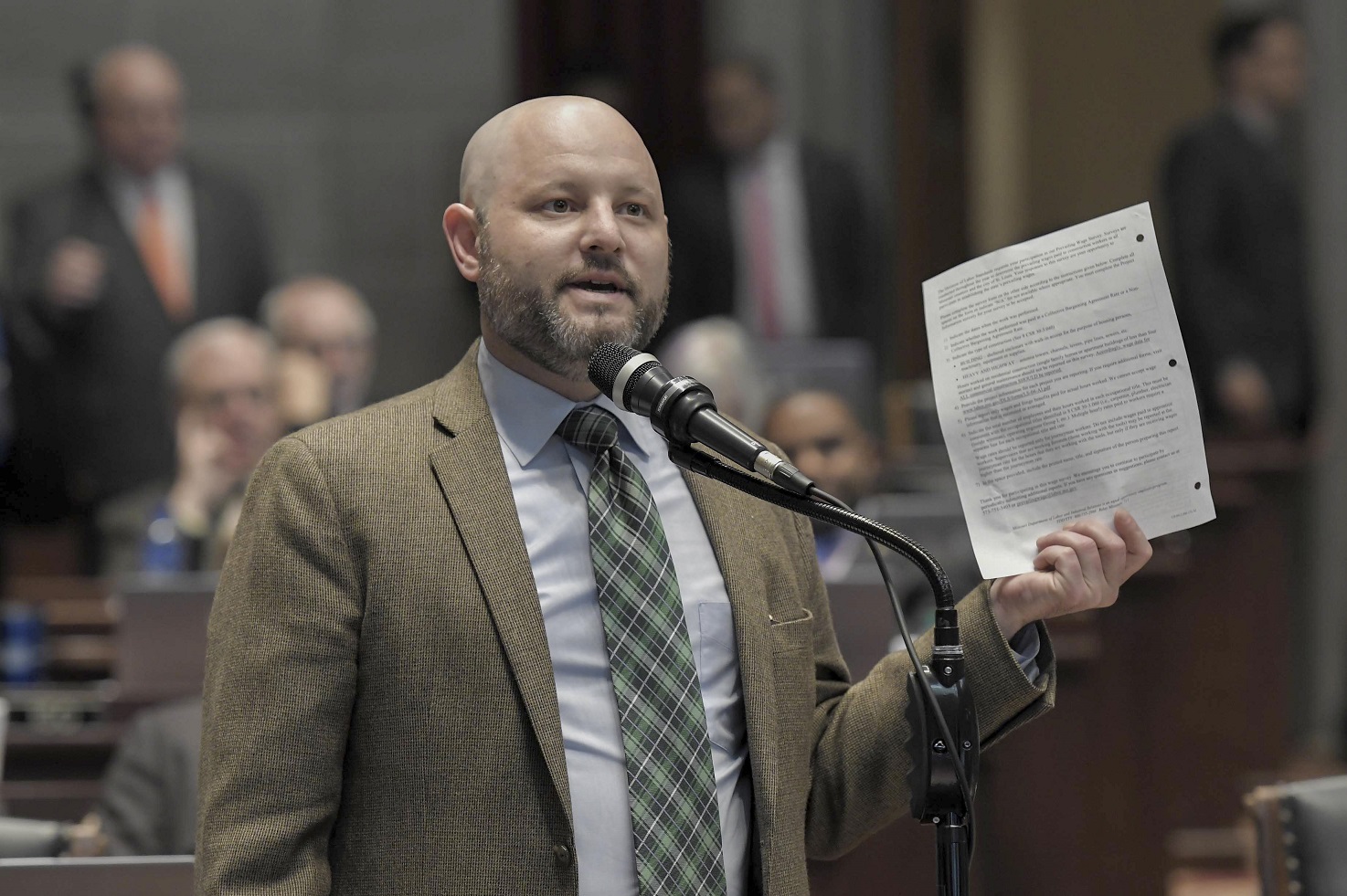The Missouri House voted to override the governor’s vetoes of four items in the state operating budget that became law in July. The Senate has opted not to take up those items for consideration, so the governor’s vetoes will stand.

The House voted to override Governor Mike Parson’s (R) vetoes on line-items that support juvenile advocacy units in the Kansas City and St. Louis offices of the state public defender; time-critical centers for heart attack and stroke patients in Missouri hospitals; independent reviews by the Office of Child Advocate of local offices that serve troubled youths; and the oversight of grants to organizations that serve the deaf and blind. The four items totaled more than $785,000.
House budget leaders said those items will be brought up for consideration when the legislature meets again in January, for the start of its regular session.
The House voted only on five budget items during its annual veto session, which began and ended Wednesday. On the fifth budget item, $50,000 for grants to law enforcement agencies for the purchase of tourniquets for officers, the House fell short of the constitutional majority needed for an override.
Money for inspections of state-certified heart attack and stroke trauma centers
House Budget Committee Chairman Scott Fitzpatrick (R-Shell Knob) said after the governor vetoed money to fund inspections and certification of time-critical trauma centers for heart attack and stroke patients, his administration then said those inspections would be conducted anyway. Fitzpatrick said he wants to see the inspections continue, but for them to be funded by pulling money from parts of the budget not intended for them violates the role of the legislature in the budget process.
“The governor vetoed all the people and all the money for that particular program and my opinion is once you do that, you can’t fund that program,” said Fitzpatrick. “That is going to come to a head in January. It is going to be an issue and it will get dealt with in a different way.”
The top Democrat on the House Budget Committee, Kip Kendrick (Columbia), agreed.
Money for Office of Child Advocate review of local abuse investigations
$100,000 for the Office of Child Advocate would pay for two people that St. Charles Republican Kurt Bahr said would conduct a thorough review of how child abuses cases are processed. He said the office needs those two additional staff members to keep up with that extra work.
Money for oversight of grants to organizations serving Missouri’s deaf and blind
The $45,000 for the Missouri Commission for the Deaf and Hard of Hearing would pay for a person to oversee grants to organizations serving the deaf and blind. That position was created as part of House Bill 1696 passed in 2016, which was sponsored by Representative Lyle Rowland (R-Cedarcreek). He said those grants have been fully funded for the past two years.
Shrewsbury Democrat Sarah Unsicker said the person currently overseeing these grants has a number of other jobs and is overwhelmed.

Money for public defenders for juveniles in Kansas City and St. Louis
Fitzpatrick said the $487,000 for juvenile advocacy units in the St. Louis and Kansas City offices of the public defender system would ensure that the constitutional right to counsel for juveniles in those regions would be met.
Bahr said those juveniles need proper defense attorneys to keep them from entering a “prison pipeline where they end up becoming a far larger cost onto our society as perpetual inmates.”
Representative Ingrid Burnett (D-Kansas City) said as a teacher she worked with elementary school children both before and after these public defender units for juveniles existed.
“The difference between the outcome for these children is staggering,” said Burnett.
Kansas City Democrat Barbara Washington said she has personal experience as a juvenile offender, and said the importance of juveniles having representation cannot be overstated.
No hard feelings from the House toward the governor over budget vetoes
Both Fitzpatrick and Kendrick said the attempts to override Parson’s vetoes did not signal a battle between the House and the governor’s office.
“The governor came into office in June and basically had one month to review the budget at the same time he was trying to assemble his team. I think that unfortunately there were some things they didn’t get the full picture on and had to make some decisions before they had all the information,” said Fitzpatrick. “We’ll continue to work with the governor. This is not intended to be an issue that is supposed to disrupt the relationship. It’s just a part of the process.”
Kendrick was not critical of the governor, even regarding the veto of funding for time-critical trauma center inspections and the procedural issues surrounding its continued funding.




